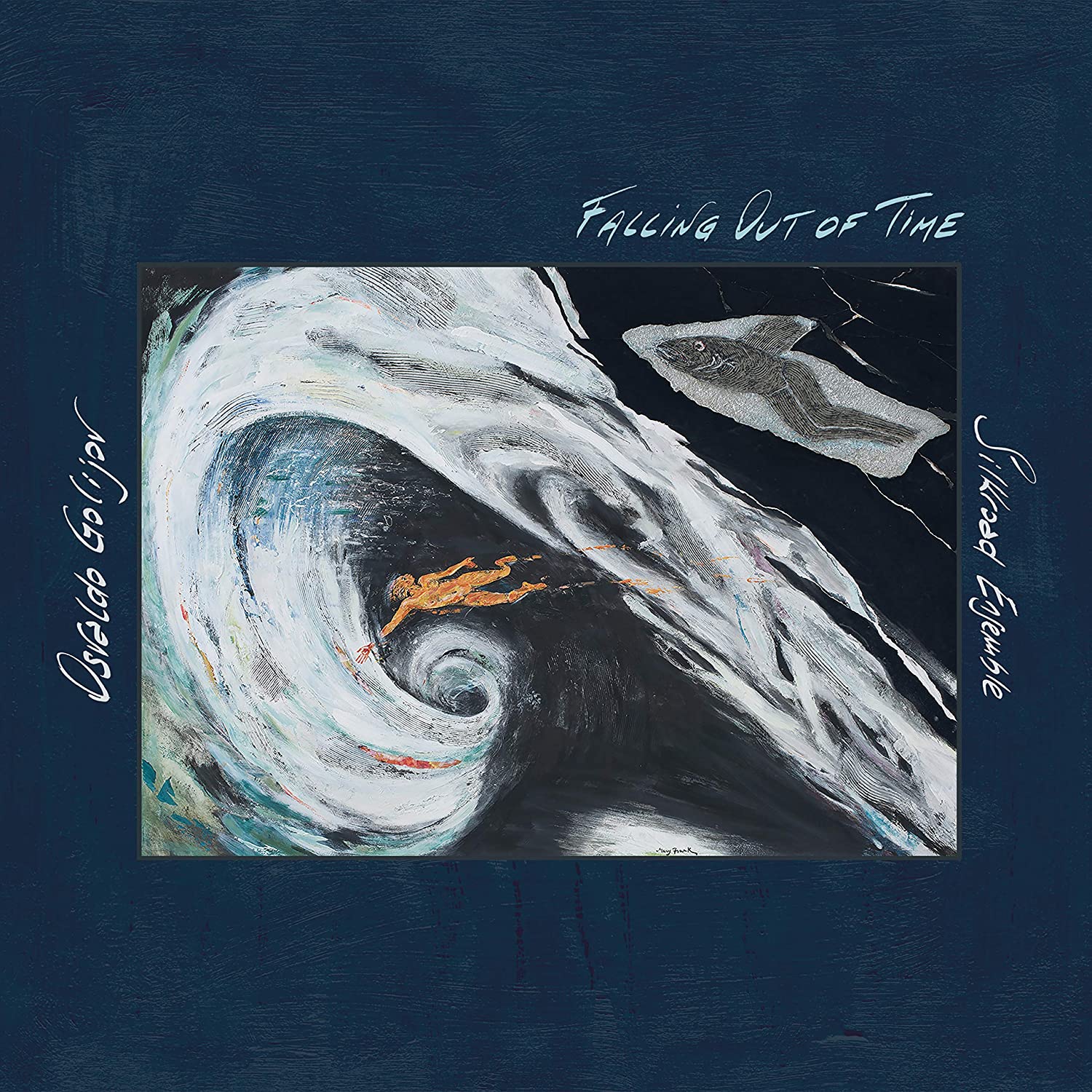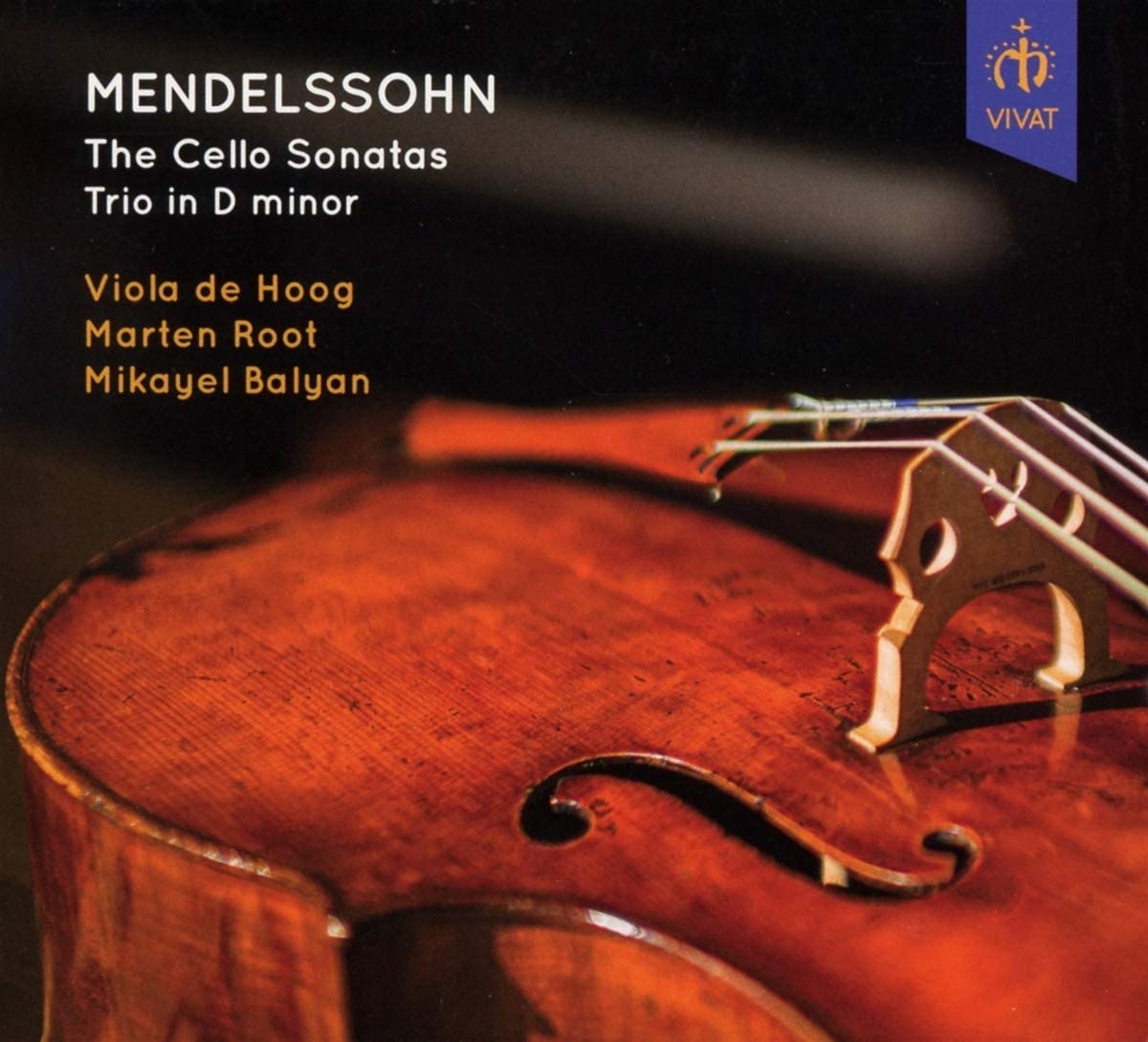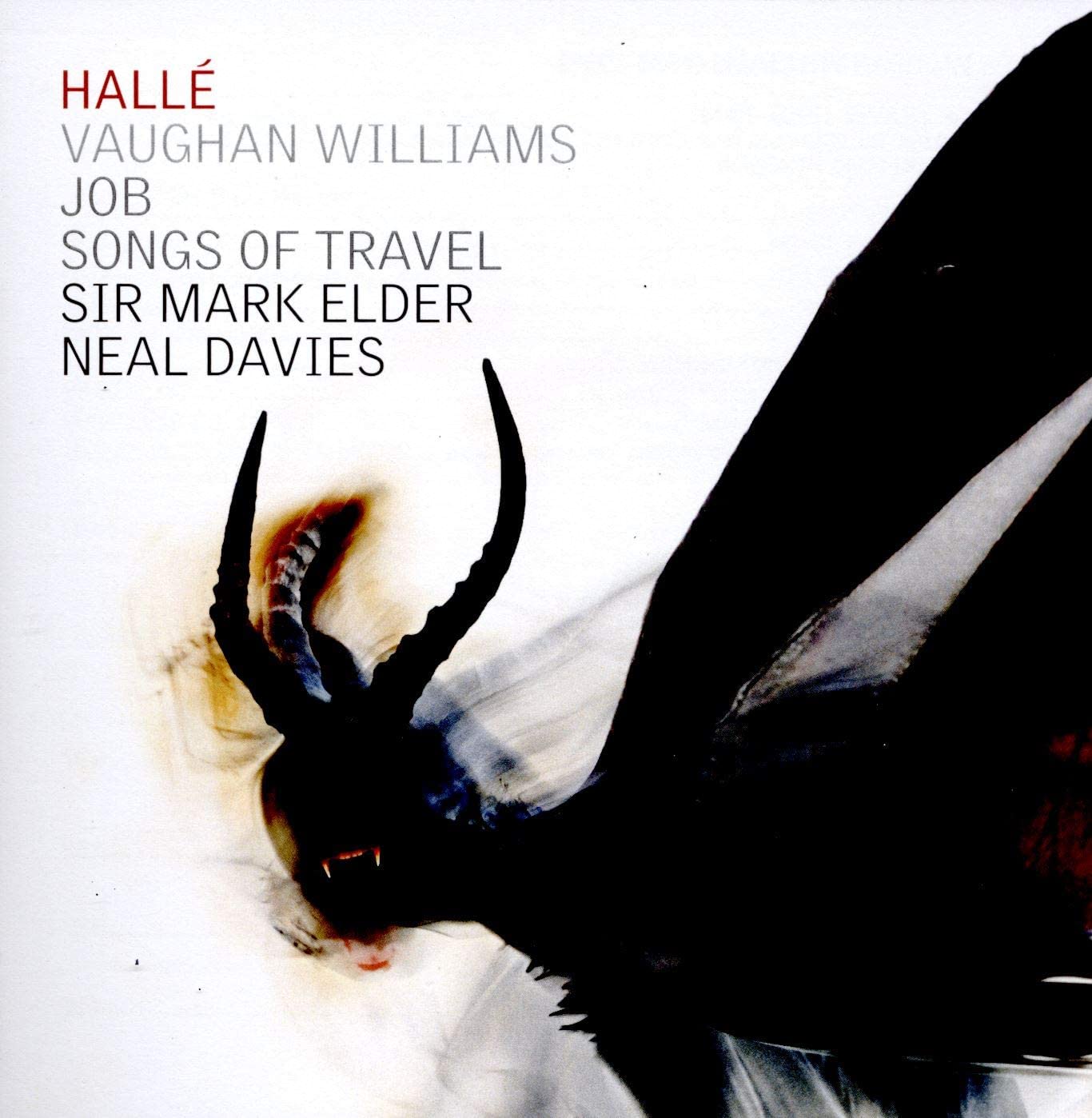 Osvaldo Golijov: Falling Out of Time Silkroad Ensemble (In a Circle Records)
Osvaldo Golijov: Falling Out of Time Silkroad Ensemble (In a Circle Records)
Along with many others, I was beguiled by DG’s recording of Osvaldo Golijov's Pasión Según San Marcos a decade ago, an exuberant Latin American take on Bach. After which Golijov slipped under the radar. There’s an illuminating article on The New York Times website where the composer explains the reasons for his disappearance, revealing that while he never actually stopped composing, “the ideas felt half-baked.” Falling Out of Time marks a brilliant return to form, this substantial song cycle based on David Grossman’s novel about a father mourning his dead son. There’s a moving essay from Grossman in this disc’s booklet, the writer describing hearing Golijov’s setting for the first time, realising that “the words I had written had met their voice.” Nora Fischer’s Centaur (“half-writer, half-desk”) opens the work, needing “to find the words to understand/what happened to me… to him...”, the father’s pain a constant. And while the subject matter is remorselessly downbeat, Golijov’s music is thrilling. I’m thinking of the haunting, nagging riff which dominates the first section, and the extraordinary chorale-like opening to “Come, chaos”, enlivened by a shrill synthesiser.
Nothing feels forced. The various stylistic elements always serve the text, Golijov’s musical lexicon including tango rhythms, drum solos and funky bass lines. There’s a glorious obbligato trumpet in the penultimate section, and a devastating finale. The instrumentation is as eclectic as the musical language, and Golijov’s score is wonderfully served by the Silkroad Ensemble. Biella da Costa and Wu Tong join Fischer on vocal duties, each singer fully inhabiting their roles. A full libretto is included, the booklet further enriched by Mary Frank’s artwork. It’s mesmerising, and important – first recordings of new works aren’t often as good as this.
 Mendelssohn: Cello Sonatas, Piano Trio in D minor Viola de Hoog (cello), Marten Root (flute), Mikayel Balyan (piano) (Vivat)
Mendelssohn: Cello Sonatas, Piano Trio in D minor Viola de Hoog (cello), Marten Root (flute), Mikayel Balyan (piano) (Vivat)
Mendelssohn was great at beginnings – think of the chords at the start of his Midsummer Night’s Dream overture, or the effervescent 6/8 opening to the Italian Symphony. His Cello Sonata No. 2 in D is another example; there’s no preamble, just a glorious swoosh of sound, cellist Viola de Hoog and pianist Mikayel Balyan urging each other on, catching the smiles and the drama. This is largely sunny music, the pair dimming the lights just a hint in the gorgeous lead in to the first movement recap. De Hoog smoulders and Balyat glitters, helped by his playing a bright-toned 1847 Érard piano, as favoured by Mendelssohn. Cello sonatas can sound murky and woolly. These ones don’t. The earlier B flat sonata’s opening is quieter and less flamboyant, but the work is similarly upbeat. De Hoog and Balyat give the slow movement plenty of momentum and you can sense them smiling as the closing bars gently fade away.
The coupling is Mendelssohn’s D minor Piano Trio, here played in a version with flute instead of violin, made at the request of the piece’s British publisher (“a separate flute arrangement is indispensable in this country...”). Mendelssohn was sceptical, feeling that the outer fast movements would prove too difficult for a flautist, but duly obliged. Marten Root uses a warm-sounding modern copy of an 1830 German flute, the effect being to make the work sound more extrovert, less brooding. The quicksilver scherzo sounds like idiomatic flute music here, and there’s a joyous burst of adrenalin when we hit the finale’s closing bars.
 Vaughan Williams: Job, Songs of Travel Neal Davies (bass-baritone), Hallé/Sir Mark Elder (Hallé)
Vaughan Williams: Job, Songs of Travel Neal Davies (bass-baritone), Hallé/Sir Mark Elder (Hallé)
Is Vaughan Williams’ “masque for dancing”, Job ever performed as conceived? First heard as an orchestral work in 1930, Constant Lambert conducted Ninette de Valois’s production in 1931, and there was a Royal Opera House revival in 1948. An online search reveals that there was a Thames TV broadcast in the 1970s, but little else. No matter; this score stands up beautifully as an orchestral work, a fifty-minute distillation of Vaughan Williams’ mature style. Mark Elder’s new Hallé recording is beautifully played, occasionally accentuating pastoral beauty over drama. The big tune in the “Saraband of the Sons of God” is terrific, Elder relishing the eerie woodwind chords before the passage starts. David Adams’ violin solo in “Elihu’s Dance of Youth and Beauty” is glorious, a wistful glance back to "The Lark Ascending". The darker moments don’t always convince, the wonderfully titled “Dance of Plague, Pestilence, Famine and Battle” more folksy than sinister, though Elder and organist Darius Battiwalla really let rip in Scene 6’s big reveal. It’s proper scary, folks.
The coupling is Vaughan Williams’ Songs of Travel, setting texts by Robert Louis Stevenson. Conceived as a cycle and first performed with piano accompaniment in 1904, the composer only orchestrated three of the nine songs, the others scored in 1962 by his long-term assistant Roy Douglas. Stevenson’s verses chart a wanderer’s journey, ruminating on nature, love and loss. They’re sweetly sung by Neal Davies and beautifully accompanied by Elder’s forces, especially in the downbeat close. Well-recorded and produced, as is usual from this label, with full texts and excellent notes.














Add comment